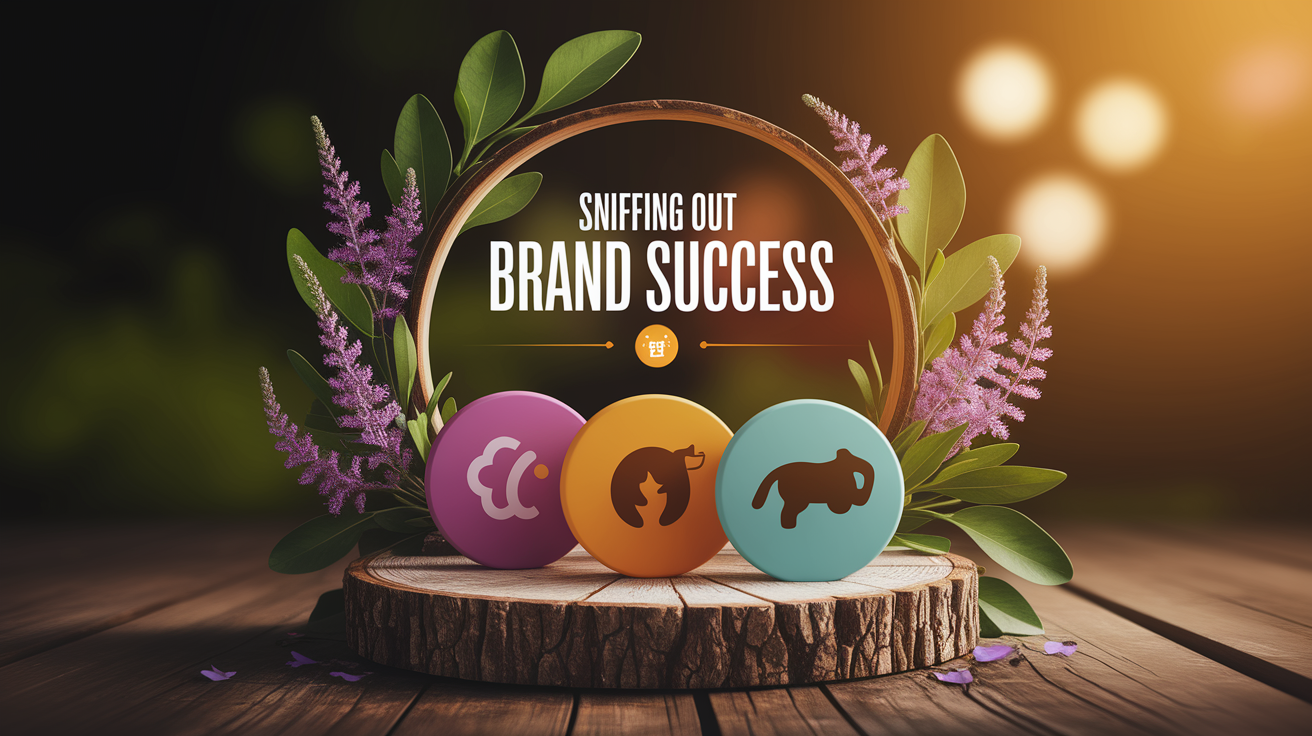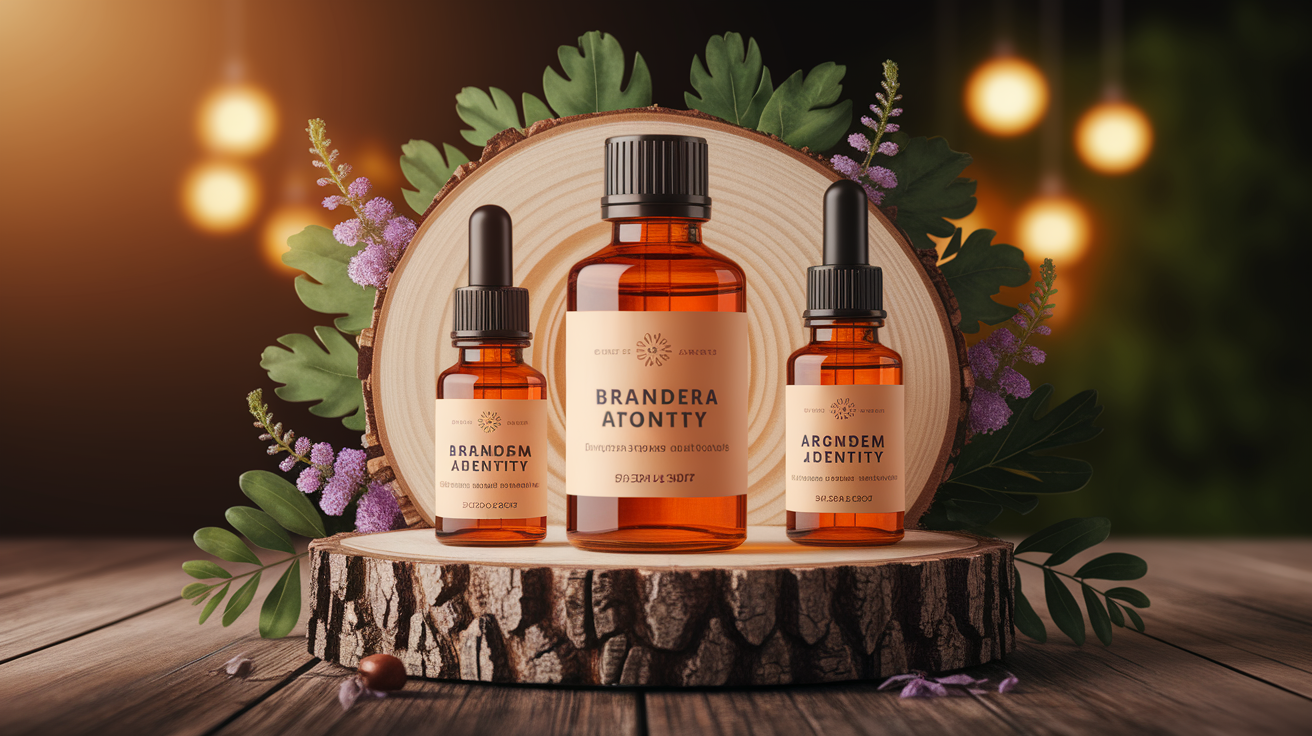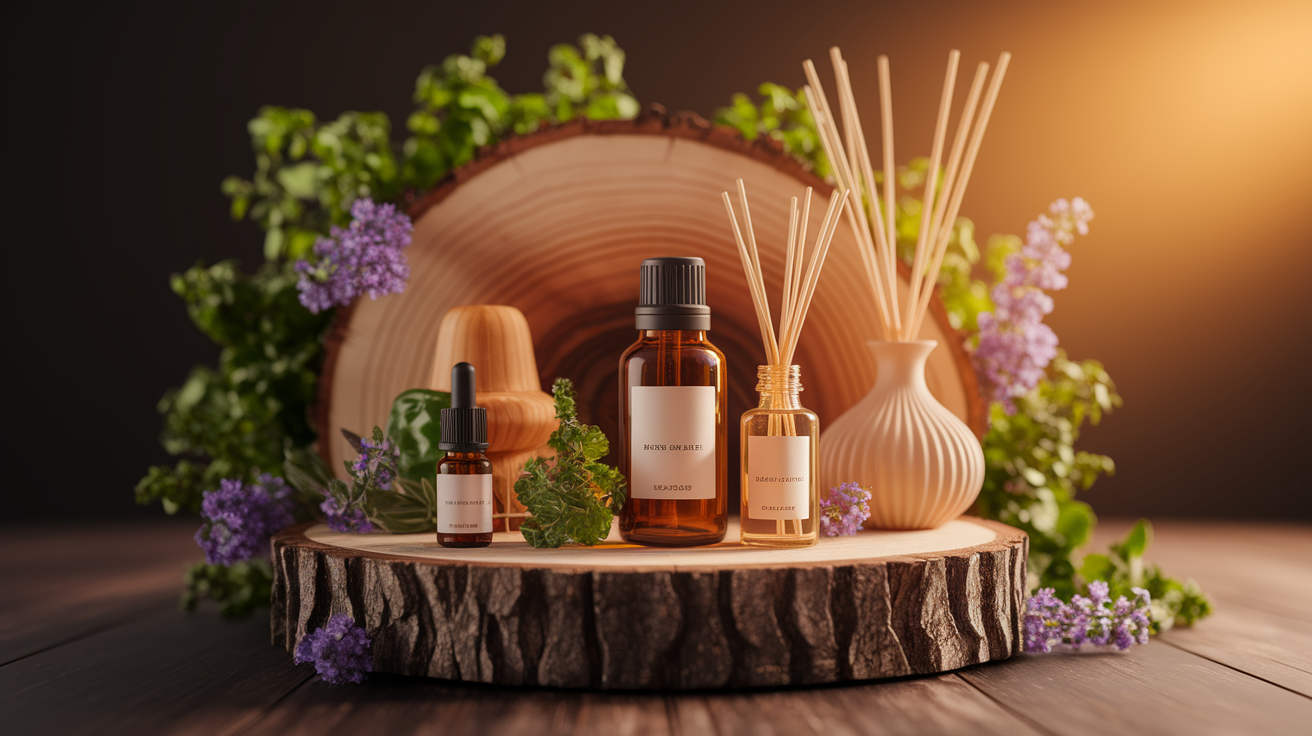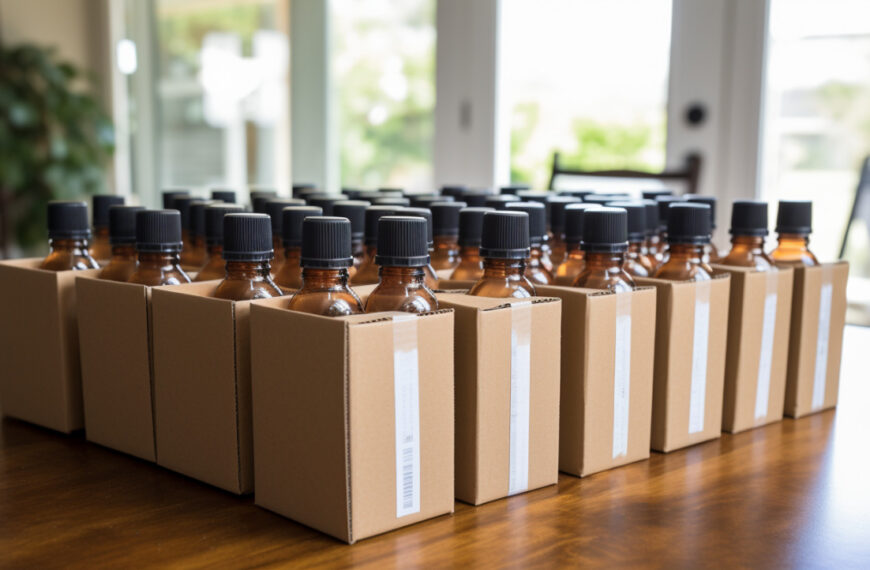Sniffing Out Brand Success
It’s funny how a single whiff can send you tumbling back into a memory you thought had gone quiet. That warm vanilla note that instantly feels like grandma’s kitchen, or the crisp scent of cedar that makes you think of stepping into a boutique where every item feels handcrafted for you. That’s the magic of a branded aroma identity—it’s not just about smelling nice; it’s about telling your brand’s story through the air itself. The right scent can make a customer slow down, linger, and feel an almost intangible pull toward your products. It’s an invisible handshake, a smile they can’t see but somehow feel.

The Science Behind Scent Branding
There’s a wild bit of science behind why this works so well. Smell doesn’t mess around—it goes straight to the brain’s limbic system, the place where emotion and memory live. That means scent can tap into feelings before a person’s even had time to process them logically. Studies have shown that olfactory cues create stronger memories than images or sounds, with a recall rate of around 65% even a year later (California Fresh Scent explains this beautifully). When you pair the right signature scent with your brand’s personality, you’re creating a sensory shortcut to connection and loyalty. It’s not just memorable—it’s hardwired.

Benefits of Branded Aroma Identity for Small Businesses
For small businesses, this isn’t just a “nice-to-have.” A thoughtfully chosen aroma can become a secret weapon in brand identity. It can make your shop or workspace instantly recognizable, even without a logo in sight. It can subtly influence buying decisions—ever noticed how the smell of fresh-baked goods makes you hungrier? It also elevates perceived quality and keeps people around longer, browsing more, and engaging at a deeper level. The best part? When the scent aligns naturally with your values and atmosphere, customers feel an emotional bond that lasts. That’s a powerful form of customer experience that goes beyond visuals and words.

Crafting Your Signature Scent
This is where the fun gets real. Think about your brand’s personality—playful and bright, calm and upscale, rustic and earthy. These qualities can be translated into fragrance notes. Maybe you want citrus zest for energy, lavender for calm, or eucalyptus for freshness. Collaborating with aroma branding specialists can help fine-tune the exact mix so that it aligns with your olfactory marketing strategy. Delivery matters too—whether it’s subtle scent diffuser systems humming away in the background or candles that double as merchandise. Consistency here is your friend; the same scent every time, so customers can “know” you by smell the moment they step inside.

Real-World Inspiration
Some brands have nailed this so well, their scents are practically celebrities. Think of luxury hotels where walking into the lobby feels like stepping into a curated cloud of sophistication, or the instantly recognizable scent of Johnson’s baby lotion that wraps you in nostalgia even if there’s no baby in sight. Retail stores, spas, even quirky cafes have harnessed the emotional anchor of scent to brilliant effect (The Marketing Society shares great case studies). For small businesses, this kind of inspiration can spark ideas about how scent could work for your own space—scaled to your style and budget.

Fragrance That Sticks
Here’s the thing: while a customer might forget the color of your walls or the exact playlist you were spinning, they’ll remember your scent—sometimes for years. That’s the sticky magic of aroma branding. It becomes an invisible part of your brand recognition, one that works quietly but powerfully. When someone encounters that same scent elsewhere, it can trigger an instant flashback to your store, your service, your products. Done right, it’s like leaving behind a fingerprint they can’t wash away, and it builds loyalty in a way that feels effortless.
Small businesses may not have the budget for massive advertising campaigns, but in the realm of scent, even modest investments can pay off in unmistakable, long-lasting brand differentiation. And the best part? This is a kind of marketing that customers feel—deeply and personally—the moment they walk through your door.













